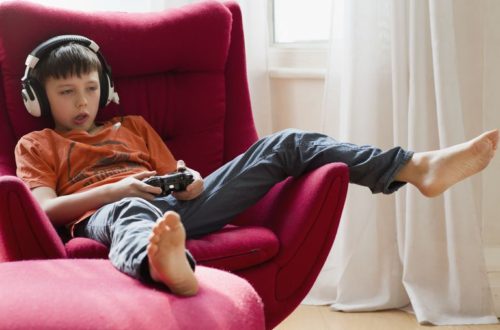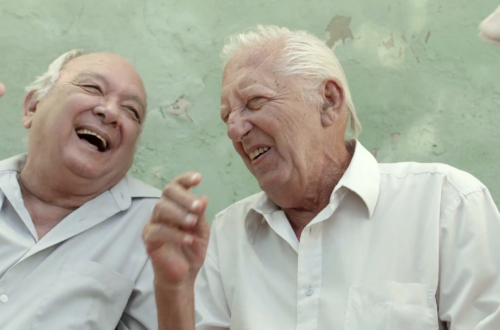In the eight months since I’ve turned the “the big 5-0”, several people have asked me how 50 is treating me. I responded to the first few inquiries with assurances it was treating me “fine”, and that I was happy to have achieved half a century of life. As I thought more about this, my answer to the next few people was more honest and insightful. I suddenly felt compelled to acknowledge that while 50 has done me no harm, I have been nothing short of abusive to it. I am fortunate to have reached an age characterized by nearing the mountain top where I will prepare for twilight years, and the downward side of the mountain. It’s okay to say that because not everyone gets the opportunity to live long enough to achieve this stage. I have to admit my preparation for my twilight has been total crap. As I write this, I am experiencing cervicogenic headaches, gastritis, high blood pressure, kidney stones, and pre-diabetes. Given I was already diagnosed with several of these conditions when I was still 49, having crossed the 50 mark has nothing to do with what can only be described as blatant disregard for my body, and reckless apathy toward the gift of life.
What has compounded my anxiety about the extent to which I’ve allowed my self-care to go to hell is my growing awareness of its impact on those around me. It’s becoming more obvious that clients, coworkers, friends, and family are all impacted by illnesses I’ve accrued through reluctance to take better care of myself. I believe this is true for all of us if we are willing to admit it. This is not to suggest we are always to blame for being sick. While we can take measures to avoid the flu, viruses, or the common cold, chances are we will be assailed by one of these bugs every now and then. The ailments to which I am referring are self-created, and often reversible through mindful choices and lifestyle changes.
Because my headaches are in the migraine family, I am typically bedridden for two days. During my last attack, I was forced to cancel clients in private practice, missed a day at my agency job, and canceled my own physical and psychotherapy. Although I could look at this from the perspective of lost wages, the impact reaches further than my wallet. Clients in distress lose sessions, my own therapists lose money, and other clients of theirs lose opportunities to be seen. My headaches are created through bad posture, tension, poor stress management, and bodily inflammation. These are all factors over which I have control, and my failure to exert that control hurts me, and causes a great deal of collateral damage. All of these factors have contributed to my decision to enter a new course of therapy I hope will help me find balance, help me understand and change my relationship with food, and assist me in coping with stress.
My poor self-care also has ramifications within my social life, as I have often missed time with family and friends because of kidney stone attacks, upset stomach, or fatigue, all of which are determined by my poor diet and exercise habits. When I am in pain, and need to cancel an engagement with friends and family, I think only of self-preservation, but once I am better, I end up sifting through the rubble of hurt feelings and missed opportunities to connect with those in th world with whom I am closest. Even though my cancellations are not willful attempts to hurt people I love, they cause frustration, and misrepresent me as apathetic and disengaged. Because we are social creatures, we have an innate responsibility to others in our social and professional worlds, and if we aren’t being responsible to ourselves, our commitments to others suffer through a subsequent ripple effect.
When I think about the purpose of living, what first comes to mind is cultivating meaningful relationships with people. We are, after all, a social species not meant to live in physical or emotional isolation. Accountability to others in our personal and professional lives is what helps us achieve the relationships necessary for a meaningful life. Only through taking care of our own physical and mental health can we ensure a sustained commitment to others. When we look at self-care through this lens, it is easy to identify self-care as more than just a social and professional responsibility. Self-care is, in fact, an ethical imperative.





